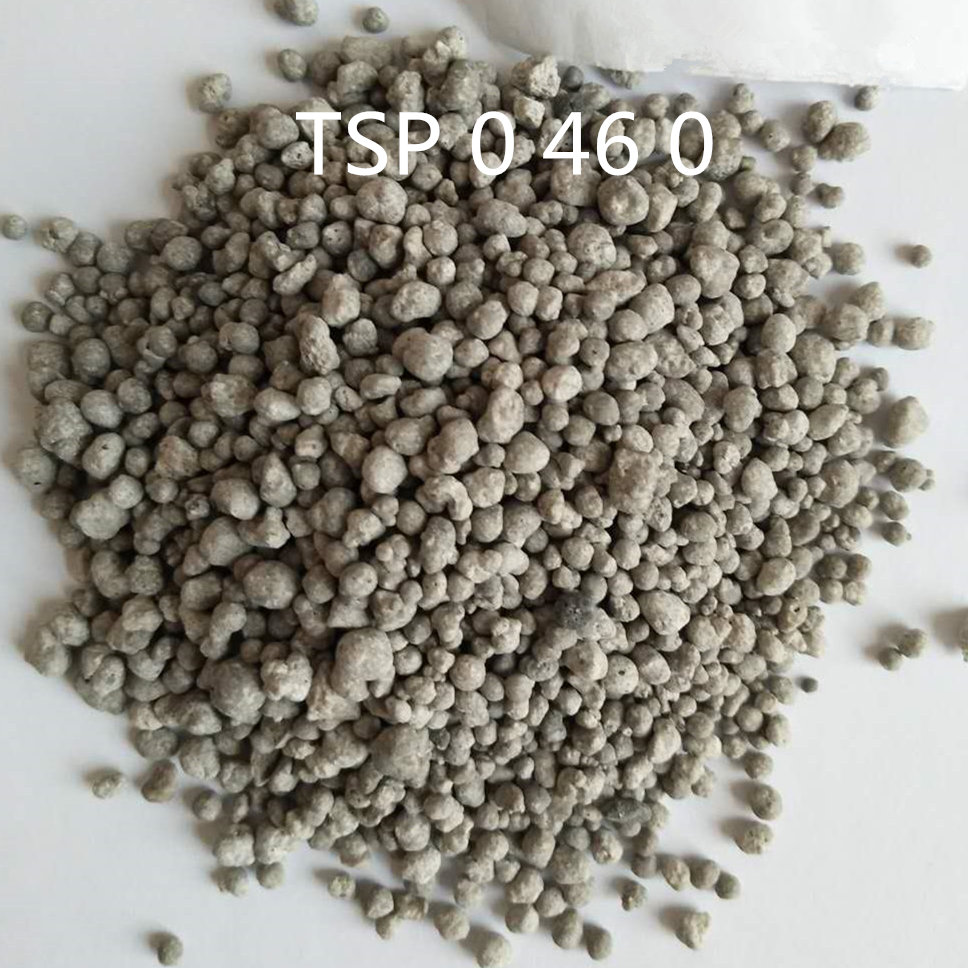
Aug . 13, 2024 11:36 Back to list
Effective Organic Fertilizers for Thriving Citrus Trees in Your Garden Best Practices for Growth
Best Citrus Tree Fertilizer A Guide to Organic Options
Citrus trees, with their fragrant blossoms and juicy fruits, are a delightful addition to any garden. Whether you’re cultivating a lemon, orange, lime, or grapefruit tree, proper fertilization is crucial to their health and productivity. Organic fertilizers stand out for their ability to enrich the soil naturally while promoting ecological balance. In this guide, we’ll explore the best organic fertilizers for citrus trees, their benefits, and how to apply them effectively.
Understanding Citrus Nutritional Needs
Citrus trees thrive in well-draining soil rich in organic matter. They require specific nutrients to flourish, primarily nitrogen (N), phosphorus (P), potassium (K), magnesium (Mg), and calcium (Ca). Organic fertilizers provide these essential nutrients in a form that is readily accessible to the trees while improving soil health. The slow-release nature of organic options ensures that nutrients are available over time, reducing the risk of over-fertilization.
Top Organic Fertilizers for Citrus Trees
1. Compost A staple in organic gardening, compost enriches the soil with a host of nutrients. It enhances soil structure, aids moisture retention, and supports beneficial microorganisms. For citrus trees, mixing compost into the soil at the base of the tree or applying it as a top dressing can significantly boost growth.
2. Fish Emulsion Packed with nitrogen and trace minerals, fish emulsion is an excellent choice for promoting leafy growth. It is best applied during the growing season to encourage vigorous foliage, which is crucial for fruit development. Dilute the fish emulsion according to the package instructions and apply every four to six weeks.
3. Bone Meal Rich in phosphorus, bone meal promotes strong root development and flowering. Sprinkle bone meal around the base of your citrus trees in early spring to give them a head start on growth. Be careful not to overdo it, as too much phosphorus can inhibit the absorption of other nutrients.
best citrus tree fertilizer organic

4. Kelp Meal This seaweed-based fertilizer is a powerhouse of micronutrients and growth hormones that stimulate root development and increase resistance to pests and diseases. Use kelp meal in conjunction with other fertilizers for a well-rounded nutrient profile.
5. Citrus-Specific Organic Fertilizer Many brands offer fertilizers formulated specifically for citrus trees. These products often combine multiple organic ingredients to provide a balanced nutrient profile. Look for products that contain a mix of the nutrients essential for citrus health, such as NPK ratios tailored for fruiting trees.
Application Tips
- Timing Fertilize your citrus trees in early spring and late summer, just before they enter their active growth phases. This timing ensures that they have the nutrients they need during critical growth periods. - Soil Testing Consider conducting a soil test to determine existing nutrient levels and pH. This information can guide you in selecting the best organic fertilizers for your specific soil conditions.
- Watering Always water your trees thoroughly after applying fertilizer to help nutrients penetrate the soil and reach the root system.
- Mulching Applying organic mulch around the base of your trees can help retain moisture and slowly add nutrients back into the soil as it breaks down.
Conclusion
Using organic fertilizers for your citrus trees not only supports healthy growth and fruit production but also promotes a sustainable gardening practice. By choosing the right organic options and applying them effectively, you can enjoy an abundant harvest of lemons, limes, oranges, and grapefruits while nurturing the health of your garden ecosystem. Embrace the benefits of organic gardening and watch your citrus trees flourish!
-
10 10 10 Fertilizer Organic—Balanced NPK for All Plants
NewsJul.30,2025
-
Premium 10 10 10 Fertilizer Organic for Balanced Plant Growth
NewsJul.29,2025
-
Premium 10 10 10 Fertilizer Organic for Balanced Plant Growth
NewsJul.29,2025
-
Premium 10 10 10 Fertilizer Organic for Balanced Plant Growth
NewsJul.29,2025
-
50 Pound Bags of 13-13-13 Fertilizer for All Plants – Bulk & Organic Options
NewsJul.28,2025
-
High-Efficiency 15-30-15 Granular Fertilizer for Healthy Crops
NewsJul.28,2025
